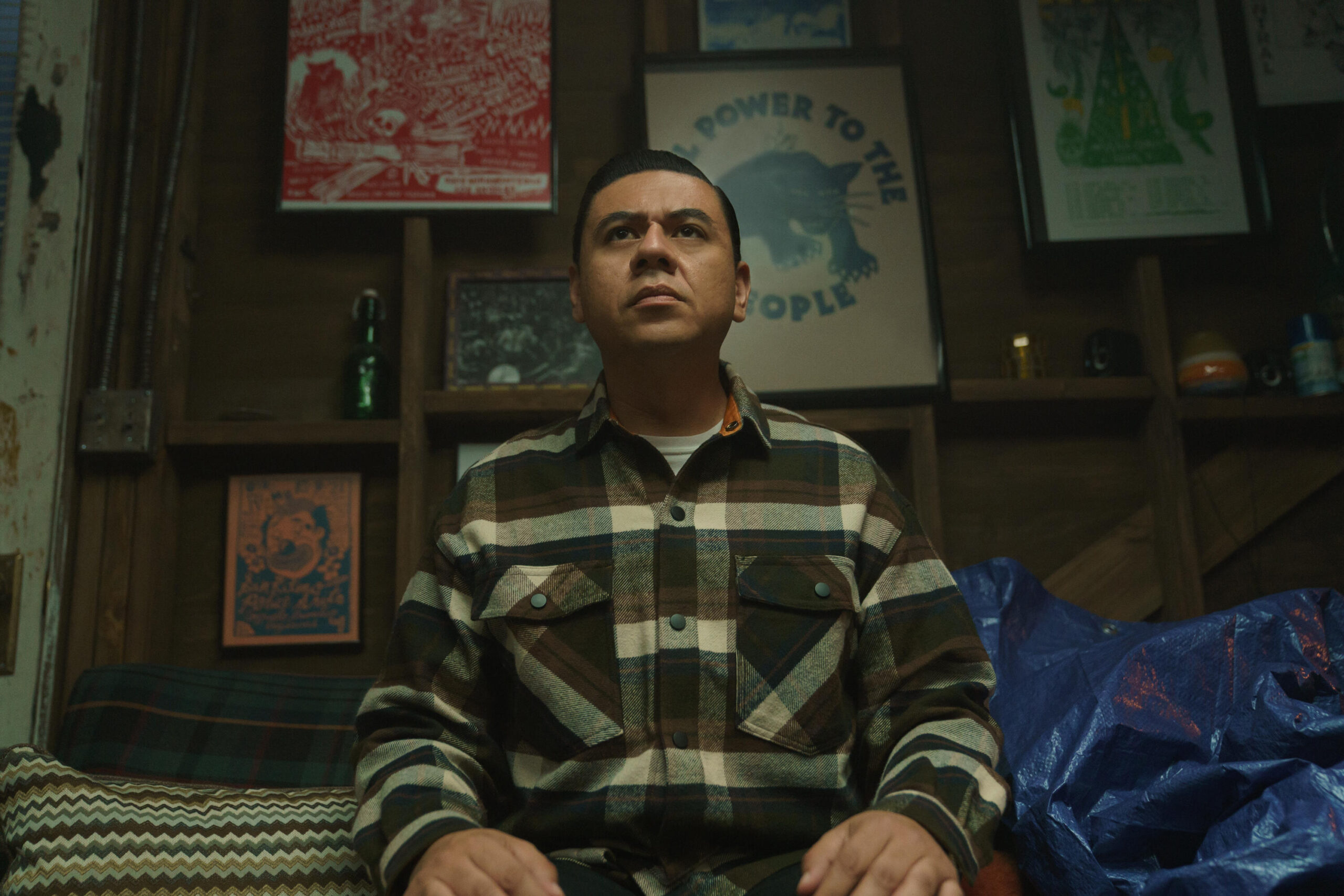By now you’ve certainly heard of Hulu’s This Fool. The series has garnered praise from notable publications such as The New York Times, Time, The Washington Post, and many others for its sharp humor and wit, and while there are many things that make this show exceptional, its depiction of men contending with mental health issues makes it one of the most significant shows for Latinx culture. [Warning: Spoilers ahead]
This Fool follows the story of Julio Lopez (played by standup comedian Chris Estrada), a case manager at the gang rehabilitation nonprofit, Hugs Not Thugs. When we first meet our neurotic anti-hero, he is admittedly in a codependent relationship, frequently cracks dark jokes about self-harm or suicide, and spends the course of season one insisting that he doesn’t need therapy. He is defensive, resistant, and resentful anytime the topic is brought up.
His feelings are unsurprising, aligning with Latino expectations of manhood. No one wants to be met with ridicule, called “weak,” “lloron,” or worse yet “loco,” when being open about their own mental health concerns. Think about the times you’ve heard people say “suck it up and be a man” (or some variation of that phrase) – the implication being that men shouldn’t have feelings. It’s dangerous and unfair to expect men to bottle their emotions and hide their vulnerabilities. Certainly, the consequences can be damaging.
According to alarming 2019 statistics from the U.S. Department of Health and Human Services Office of Minority Health, suicide was the second leading cause of death for Latinxs, ages 15 to 34. Additionally, Latinxs are 50% less likely to have received mental health treatment compared to their white counterparts. While some of these statistics can be attributed to the stigma attached to mental health issues in our communities, we can’t the fact that Latinxs also have access issues, with approximately 21% of Latinxs being uninsured in 2022.
Season 2 of This Fool addresses these issues directly. By the time we reach the last two episodes of the season, we see Julio acknowledge the fact that he is depressed and finally take the necessary steps to get professional help, something depicted as no easy feat. Julio’s lack of health insurance has him making innumerable calls to find a therapist and when he eventually finds one that will work with him by allowing payments on a sliding scale, the first available appointment is not for another six months. Julio’s one-step forward, two-steps back experience is the reality of many who are making the effort to go to therapy, and as a viewer (and someone who has been personally overwhelmed by the attempts to find a therapist) I appreciate the consideration that was taken to illustrate this process.
As with any other major social or cultural change, shifting the perspective will take time but it’s pretty significant that the predominantly male and Latino team behind This Fool is taking on the issue. The final sequence of season 2 shows Julio at a therapy appointment that serendipitously opened up sooner than expected, setting up his mental health journey to be a critical part of the next season. And that’s promising for both his character and our community.

Seasons one and two of This Fool are streaming on Hulu now. If you or someone you know is in need of help call the suicide prevention hotline.

